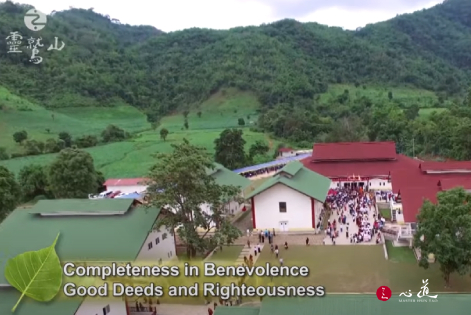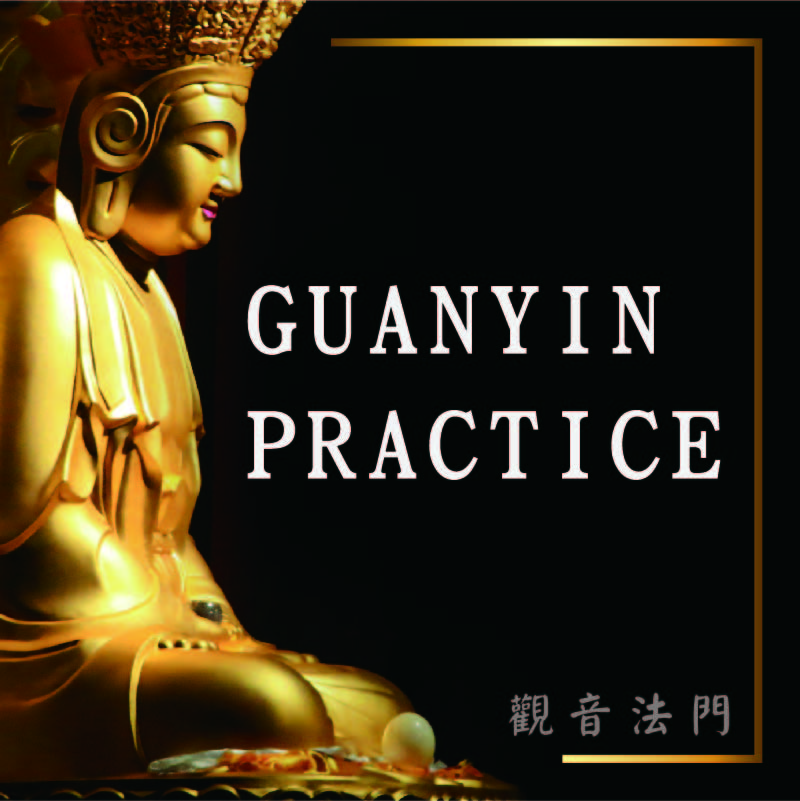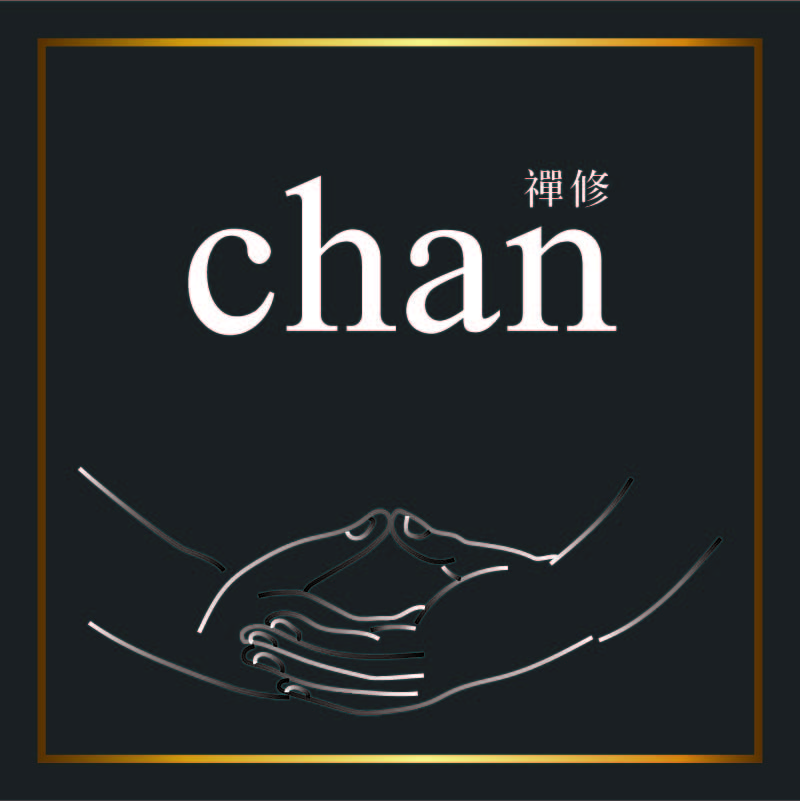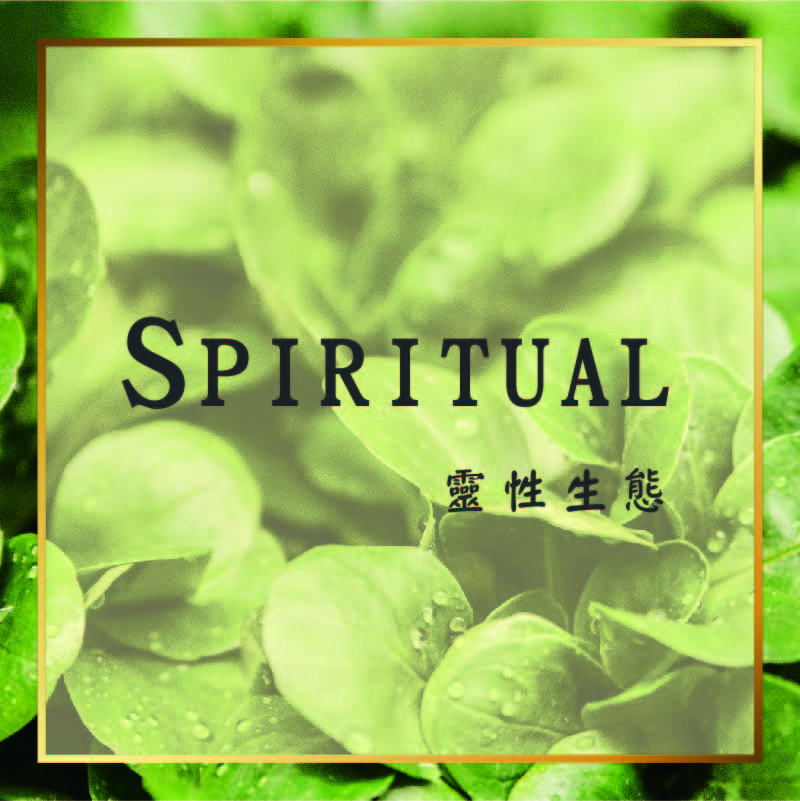

Master Hsin-tao Talks On Mahāyāna Buddhist Meditation
Rapid development of science and Technology, the society is under high pressure of multiple and technology flows, under this situation human are distressed by stressors and anxiety. Meditation is one of the way for modern people, to relieving their stress, and balance their mind and body.
From the Western "Spiritual Practice" to Eastern “Siting Meditation” or “Chan Meditation”, all aims to release physical and mental anxiety, to achieve happy and comfortable life. Therefore, a wide range of "Meditations" and spiritual practices, are developing rapidly all over the world. Thus, it is said that, 21st Century most popular for spiritual and meditation practice.
Venerable Dharma Master Hsin-tao, the founder of Ling-jiou Mountain, Buddhist Monastery, over the past several decades, practiced solitary meditation in cemetery, through acetic (Tapas / dhūta) hardship. After establishment of Ling-jiou Mountain taught path of “Silence Meditation”. This method is based on listening of silence. He held large-scaled solitary group meditation annually, guiding his disciples to aim at meditative mindfulness by means of observing one’s breathing and listening silence.
Ven. Dharma Master Hsin-tao guides us through Mahāyāna, Therāvāda, and Vajrayāna to attain “three vehicles-in-one” practice. For example, practice of Satipaṭṭhāna one attains ultimate liberation. The four Satipatthana are, Mindfulness of the body as filthy (Kāyānupassanā), Mindfulness of sensations as suffering (Vedanānupassanā), Mindfulness of mind or consciousness as impermanent (Cittānupassanā), and Mindfulness of dhammas as Not-self (Dhammānupassanā).
From material perspective, breathing is impermanence. The external world such as our physical body is impermanent. Gradually, from impermanence we realize the phenomena, and finally achieve the state of Samādhi and wisdom, which fruitful in releasing problems of life.
Master Hsin-tao, a real Chan (Zen) teacher, teaches us from his own experience of Chan practice. He says, the dhamma is indispensable from Chan, and Chan is composed of Samādhi and observance of impermanence, delusions, and emptiness. This is the uniqueness of Buddhism.
The origin of Ling-jiou Mountain’s Chan “Peace Chan Dhamma”, is derived from the Master’s own meditation experiences and ascetic (Tapas) in cemeteries, for more than a decade. It is also be traceable to Buddha’s teachings. It is also traceable from Buddha’s teaching of Samādhi. The “Anāpāna and Silence Practice”, whereas first indicates the beginning of the practice, and gradually reaches to the state of silence, which is the Samādhi; finally the consummation of meditation. Master Hsin Tao led his disciples in his solitary group meditation annually, so that people can find original nature of the mind. Also, in everyday busy life one can transform their life through practice.
The Master holds that the Therāvāda, Mahāyāna, and Vajrayāna , all taught by the Buddha. All are the way to Buddhahood, need to promote them. Because all three Schools are inherited from one, Buddha taught according to causes and conditions. Buddhist practioner from any School, Only need to practice them accordingly, then we can develop the Buddha’s wisdom.
Therefore, Master Hsin-tao’s Chan (Zen) meditation, which is combination of three School meditations, teaches the core of the meditation. We can learn this method by means of mindfulness breathing, impact of words, and visualization of all phenomena as delusions. Which Chan method is the one we have practiced? How does a beginner practice it? How does Chan lead us to real nature? Why do we say Chan meditation is a work of eliminating inner obstacles? Can Chan practice really free us from afflictions? Now Ven. Dharma Master Hsin-tao will give you a detailed account of Chan meditation.











